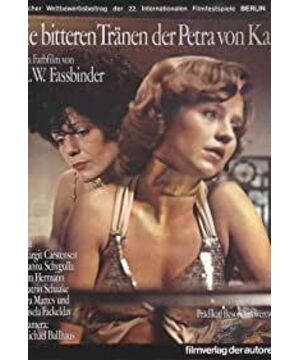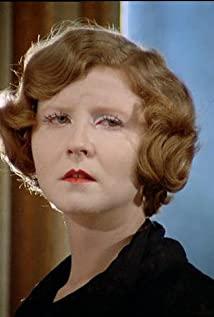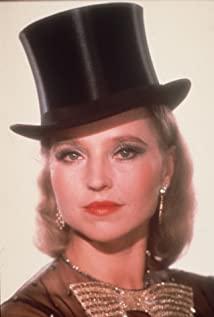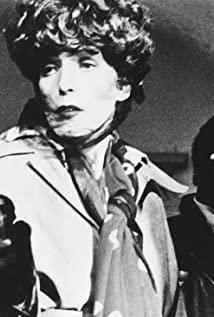"It is easy to sympathize with a person, but it is difficult to understand. If you understand a person, there is no need to sympathize. . Only if you don’t understand him will you sympathize with him.” When Karin finally left Petra, she comforted her and left gracefully. She sympathized with Petra and said why it was so painful. Yes, why bother, the loved one never understands the sacrifices made by the one who loves her. "If even the pain can be controlled, where can there be such troubles."
Everything happens in a room. The illusion created by nude oil paintings and endless mirrors provides a proper outlet for frantic emotions, and people can indulge in it regardless Day and night. There are images of confinement and restraint everywhere in the movie, including costumes that make people move inconveniently. This is the confinement of time, the confinement of space, the confinement of the body, and the confinement of love. Petra can't blame Karin for leaving, because Karin has not loved her since the beginning. All this is out of Petra's fantasy-people can imagine all kinds of things, and she fantasizes about love. Petra's love for Karin is similar to that of her mother for her daughter, perhaps out of compensation for her estranged mother-daughter relationship, or she loves Karin who was once young. When she sat on the bed and praised Karin's skin and hair, the trembling and slender love was fragile in the face of powerful indifference.
Petra is arrogant and cold, but she knows how to be humble, bending down to love the one she loves-and that's something Karin doesn't understand. The two can't really understand it is also here.
A arrogant and cold person can give such humble love, and desperately yearn for her love when she leaves. When Karin left, she was hysterical, scolded her insanely, and begged her to stay. This repetition of contradictions revealed the extreme pain and self-torture in her heart. Feel the pleasure of stifling one's feelings in depression. She cursed Karin as "a shameless slut" and "stupid pig", while holding the corner of her skirt, showing a smile. You can scold the person you once loved, but the person you look up to is always the right one.
Petra's abuse of love is in spitting and imaginary renunciation, imagining that she flogs the devil she once loved, no longer loves or even hates her, but in fact it just hurts herself. To project the loss of love on the other person, to blame others, is also a punishment for oneself. It seems that only the pain of losing both sides can offset the powerful recoil of love.
"In all love relationships, one party must be more emotional than the other, and this party sometimes uses the Saddle-like imagery of the abuser and the victim." The almost self-abuse love is a Fassbinder movie. And the theme of life. Repression, self-destruction, abuse and self-abuse, these intensely antagonistic emotions are constantly being strengthened under the confinement of time, space, and physicality.
And another presence in the movie that can't be ignored is Petra's personal maid, Marlene. This pale-skinned woman with closed lips didn't say a word in the whole movie. But her repressed admiration for Petra's pain under her calm eyes was even more breathtaking. When she turned her face, the unprepared eyes and the submissive back and hands that were placed on the corner of the lens by the camera were like another kind of silent heartache.
Fassbender once said that Marlene in "Petra's Tears" and Maria in "Marriage of Maria Blau" respectively represent the extremes of servitude and freedom and independence. When Petra called for her to wear shoes for her, Marlene glanced at Karin who was lying on the bed, and actually got under the bed. This is another image of depression and self-abuse.
Marlene is also the target of Petra's vent, and she and Petra and Karin constitute a triangle of abuse and abuse. Petra is both an abuser and a victim.
When Karin came to visit, she didn't open the door right away. She sat in front of the typewriter and hesitated. She could choose not to open the door. Maybe that was her last leeway. She witnessed all this quietly like a model in the studio. The owner went from being in love to being abandoned, proud or disappointed, and she always admired her. Watch her roll and fall, watch this tragedy fall and fall together. She loves her but cannot save her, she can only shuttle as a silent waiter.
At the end, Marlene took away the doll that symbolizes Karin, which is the character's first more active breakthrough.
Abuse is also a kind of love.
View more about The Bitter Tears of Petra von Kant reviews










